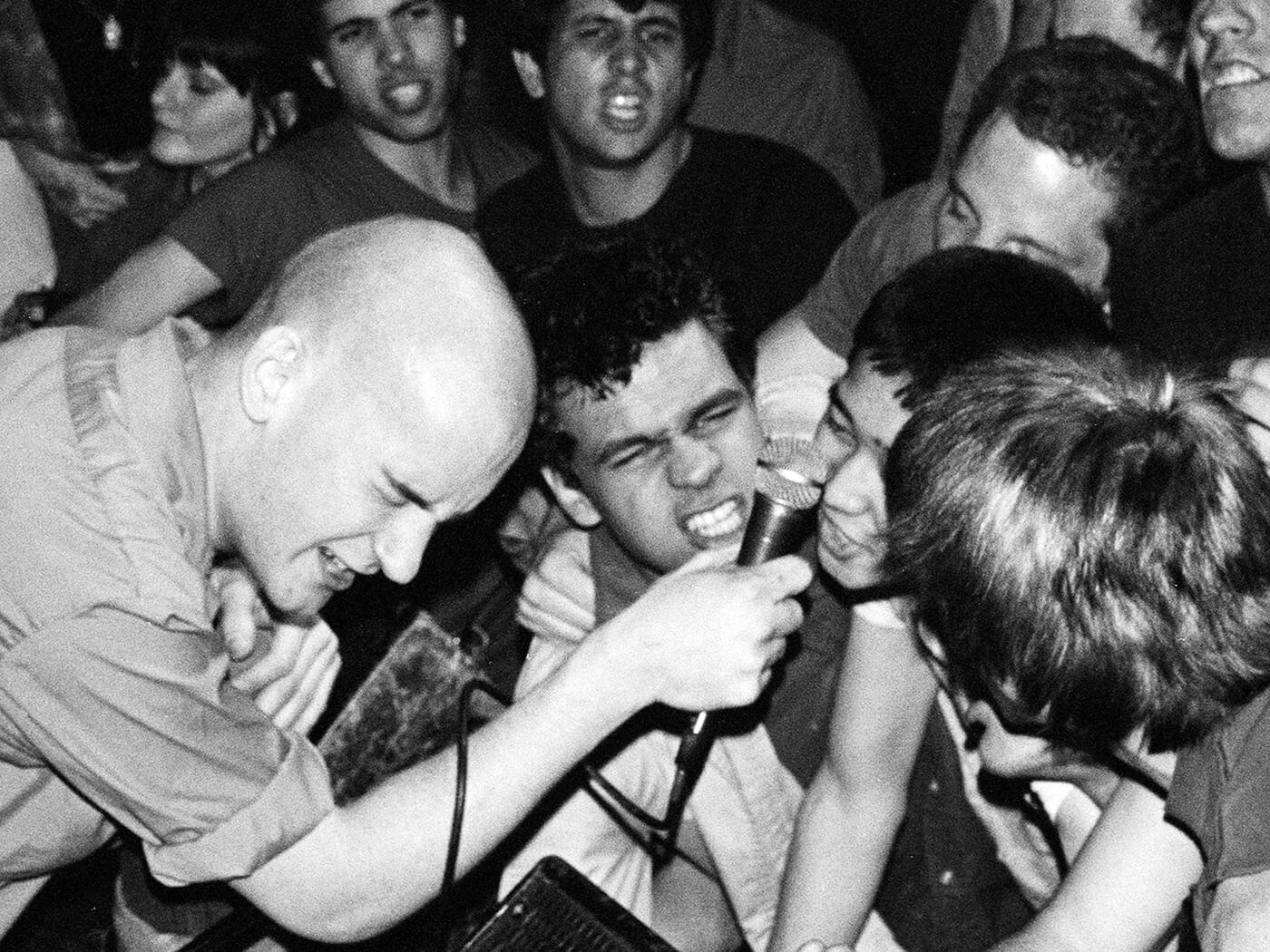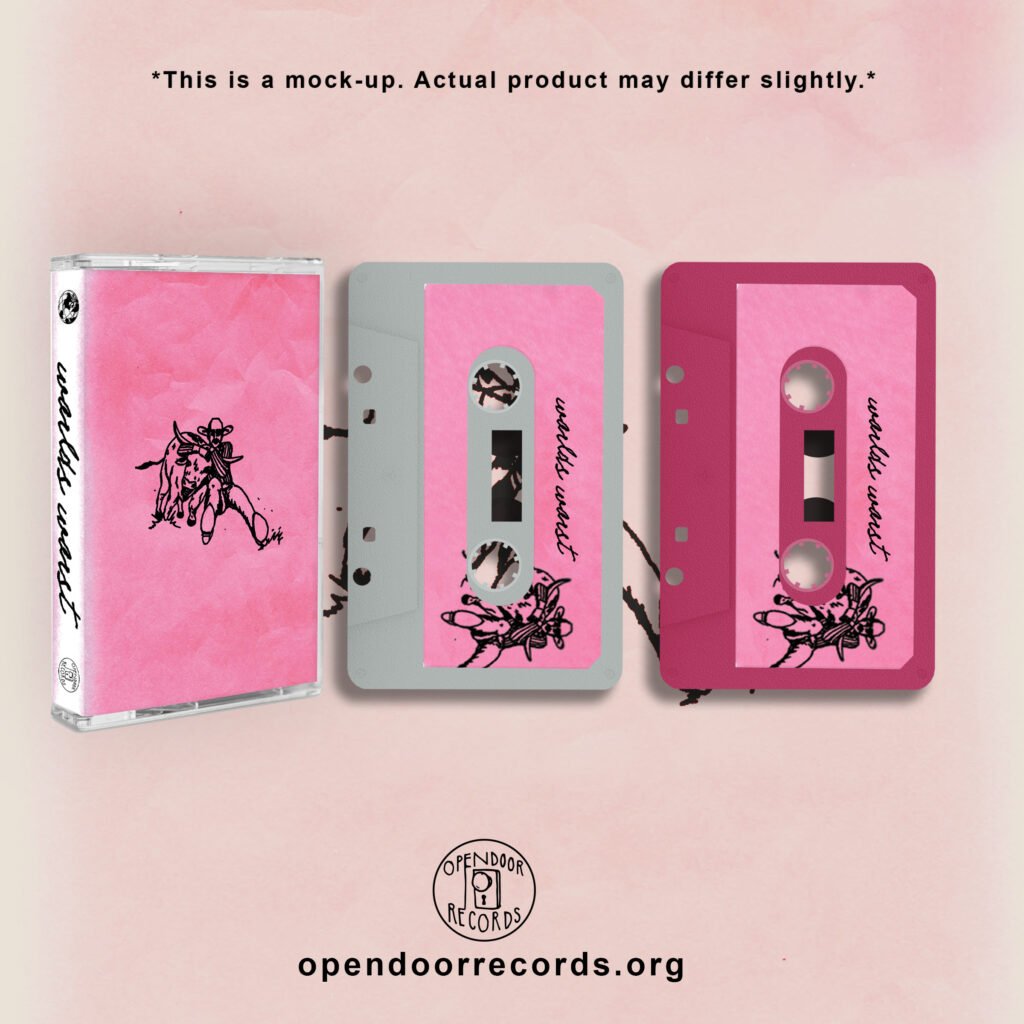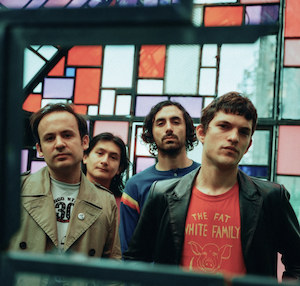By Jim Wirth As they bickered throughout the final days of Minor Threat, drummer Jeff Nelson told singer Ian MacKaye…
Tag: punk
SLC Punk Band Worlds Worst’s ‘EP2’
Worlds Worst is a Salt Lake City-based punk band with a very misleading name. They’re not actually the world’s…
Brooklyn band Native Sun drops ‘anti-conformist anthem’ track ‘Off The Dial’
Native Sun has released “Off The Dial,” a track that blends vintage punk with modern sounds and it’s all captured…


